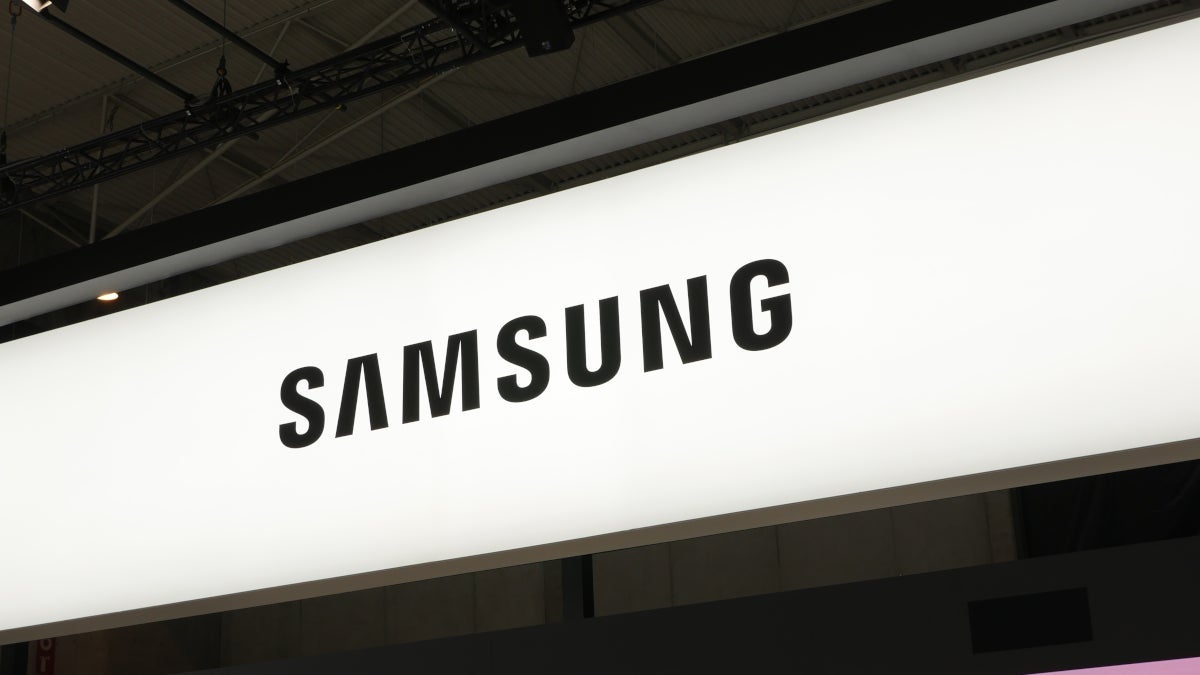“No pay, no work”: Samsung union calls for strike

Here we go: Workers from a union at Samsung Electronics have called a general strike!
July 1, 2024, causes tension in South Korea as the Samsung Electronics union announces a strike by its employees until their demands for higher pay and additional vacation are addressed.
This is according to a Reuters report reporting on the latest actions of the National Samsung Electronics Union (NSEU).
The NSEU represents around 28,000 members, who make up more than 20 percent of the company’s workforce. It is demanding commitments from Samsung Electronics, such as improvements to the performance-related bonus system and an additional day of annual leave.
“We are declaring a general strike today,” said Son Woo-mok, president of the NSEU, during a live broadcast on YouTube, adding:
Until our demands are met, we will fight with a general strike under the motto “No pay, no work”.
In June there was a one-day strike
In a landmark event, a union at Samsung Electronics staged its first strike in early June, highlighting increasing employee assertiveness in the face of the company’s efforts to advance AI chip technology. The National Samsung Electronics Union (NSEU) organized the one-day strike to demand higher wages. While the strike was not expected to have an immediate impact on semiconductor production or shipments, it increases pressure on Samsung Electronics as the company ramps up its AI efforts and closes the contract chip manufacturing gap with Taiwan’s TSMC.
Samsung Electronics said production and business operations were not affected. The strike fell on a holiday, so fewer employees took annual leave than on the same day last year. The union did not disclose how many members took annual leave and participated in the strike.
Market research firm TrendForce said the strike was unlikely to disrupt production of DRAM or NAND flash memory or cause supply shortages because production is highly automated. The strike mainly affected employees from Samsung’s headquarters in Seoul rather than from its production facilities and was scheduled for only one day.
The one-day strike followed recent protests by workers outside Samsung offices in Seoul and a chip manufacturing plant in Hwaseong, south of the capital. These protests arose after Samsung Electronics decided to raise wages by 5.1 percent this year.
Previously, a coalition of unions at Samsung subsidiaries, including another, smaller union at Samsung Electronics, had called on the NSEU to prioritize negotiations over confrontation, signaling its decision not to participate in the strike.
Samsung Electronics is facing major challenges in its semiconductor business and recently had to replace the head of its semiconductor division to address what is being called an industry crisis.


